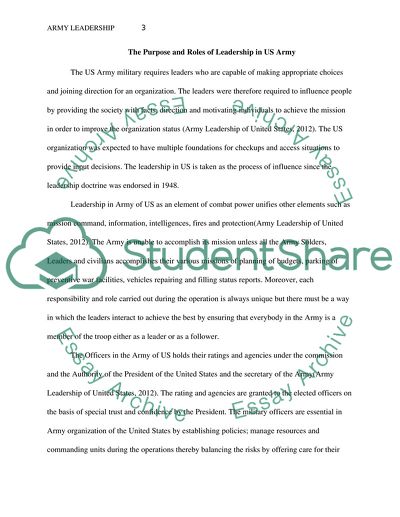Cite this document
(“Army Leadership Research Paper Example | Topics and Well Written Essays - 2500 words”, n.d.)
Retrieved from https://studentshare.org/military/1689923-army-leadership
Retrieved from https://studentshare.org/military/1689923-army-leadership
(Army Leadership Research Paper Example | Topics and Well Written Essays - 2500 Words)
https://studentshare.org/military/1689923-army-leadership.
https://studentshare.org/military/1689923-army-leadership.
“Army Leadership Research Paper Example | Topics and Well Written Essays - 2500 Words”, n.d. https://studentshare.org/military/1689923-army-leadership.


